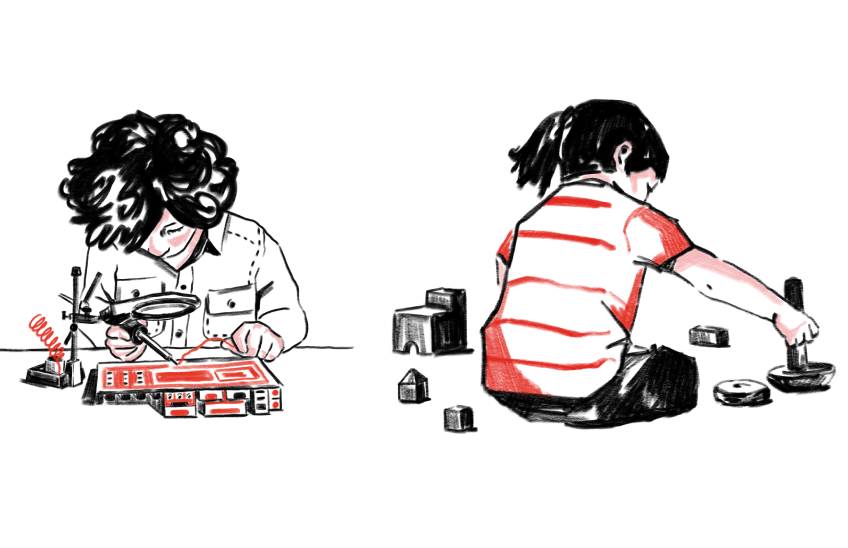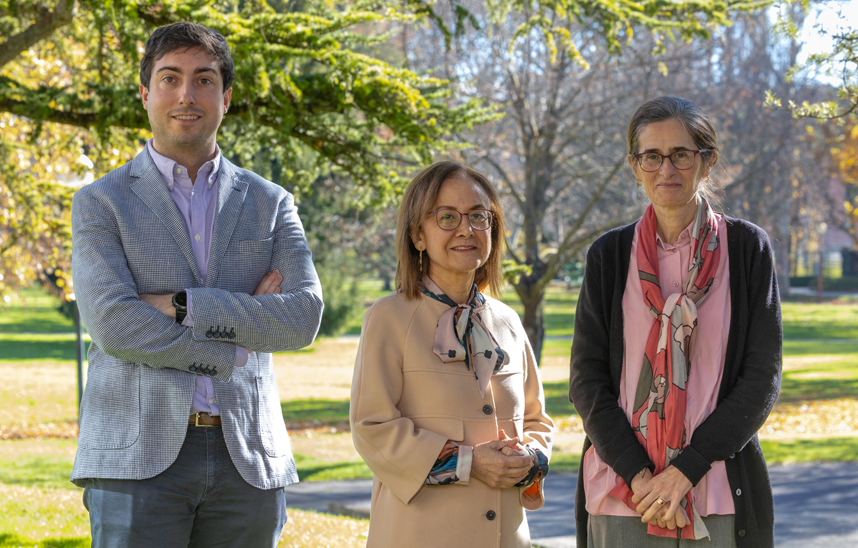University promotes inclusive adaptation of Henka model to improve youth mental wellbeing
The project "Inclusive and formative adaptation of the Henka program", presented by the University, has been selected to contribute to the improvement of this program.

07 | 11 | 2025
The project "Inclusive and formative adaptation of the Henka program", presented by the University of Navarra, has been selected to contribute to the improvement of this program.
The project is part of a partnership agreement signed between the Zurich Foundation and the University of Navarra, through the Institute of Culture and Society and the Museo Universidad de Navarra, with the goal of promote artistic, social and research projects in the field of mental health.
Henka, promoted by San Joan de Déu and Z Zurich Foundation, is a program focused on mental wellbeing, aimed at students between the ages of 12 and 25, together with faculty, families and the rest of the educational community.
Z Zurich Foundation will allocate 21,000.00 € for the achievement of this project, with a duration of 18 months, directed by the researchers and professors of the School of Education and Psychology Araceli Arellano and Sarah Carrica, which aims, on the one hand, to develop a profile the welfare of young participants of the program and, on the other hand, to conduct a pedagogical review of the program.
"We found these two areas of opportunity to expand the benefits that this program already offers to students and the rest of the educational community. This project will allow us to generate scientific evidence on the well-being of adolescents and young people who participate in Henka, as well as to improve the inclusiveness of the program; that is, to ensure that all student body can participate in this initiative, under equal conditions," explains Araceli Arellano, professor and researcher at the University of Navarra.
During the diagnostic phase, data will be collected on students (on their profile in terms of strengths and needs, resilience and well-being), on their families (what perspective they have of their children in this stage of transition to adulthood) and on the educators who accompany them. During the phase of adaptation of materials, a pedagogical review will be carried out in order to diversify methodologies and include new materials and proposals to adjust the content to the population of boys and girls with specific educational support needs.
"This agreement sample how the partnership between university, school and community can generate educational environments that are more inclusive and sensitive to the emotional well-being of young people, putting scientific evidence at the service of social transformation," adds Sarah Carrica, professor in the School of Education and Psychology and researcher at the University of Navarra.


